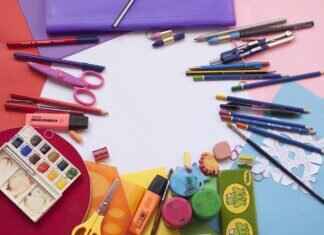A man who was mistakenly deported to El Salvador is now facing a challenging legal battle to return to the United States. The case has garnered significant attention due to its unusual circumstances and the impact it has had on the individual involved.
The ordeal began when Carlos Martinez, a 35-year-old father of two, was apprehended by immigration authorities during a routine traffic stop in his hometown of Los Angeles. Despite providing proof of his legal residency, Martinez was mistakenly deported to El Salvador, a country he had not visited in over a decade. The error was attributed to a mix-up in paperwork and a lack of thorough verification by immigration officials.
Martinez’s situation has sparked outrage and concern among immigrant rights advocates, who argue that such incidents highlight the flaws in the immigration system and the need for greater oversight and accountability. Many have called for an expedited process to allow Martinez to return to his family in the U.S. and resume his life.
Legal Battle for Reentry
As Martinez navigates the complex legal process to secure his return to the United States, his case has become a focal point for discussions on immigration policy and the rights of individuals caught in bureaucratic errors. His lawyers are working tirelessly to present his case before immigration authorities and seek a resolution that will allow him to reunite with his loved ones.
Expert immigration attorney, Maria Rodriguez, weighed in on the situation, stating, “Cases like Martinez’s highlight the need for a more robust system of checks and balances within the immigration process. The human cost of administrative errors can be devastating, and it is crucial that we advocate for fair and just treatment for all individuals, regardless of their immigration status.”
Impact on Families
The emotional toll of Martinez’s deportation and subsequent legal battle is palpable for his family, who have been advocating for his return since the incident occurred. Martinez’s wife, Maria, tearfully recounted the moment she learned of her husband’s deportation, describing it as a nightmare she never thought she would experience.
“Our children ask about their father every day, and it breaks my heart to see them struggling to understand why he is not here with us,” Maria shared. “We are hopeful that the legal system will recognize the mistake that was made and allow Carlos to come back home where he belongs.”
The Martinez family’s story serves as a poignant reminder of the human impact of immigration policies and the importance of compassion and empathy in addressing such cases. As they continue to fight for justice and reunification, their resilience and determination have inspired a wave of support from the community and beyond.
In conclusion, the case of Carlos Martinez underscores the complexities and challenges faced by individuals caught in the crosshairs of immigration enforcement. As he awaits a resolution to his legal battle, Martinez’s story serves as a rallying cry for reform and advocacy on behalf of all those who have been wrongfully impacted by systemic errors. The fight for justice and reunification continues, fueled by the hope and determination of one family’s unwavering love and resilience.
































